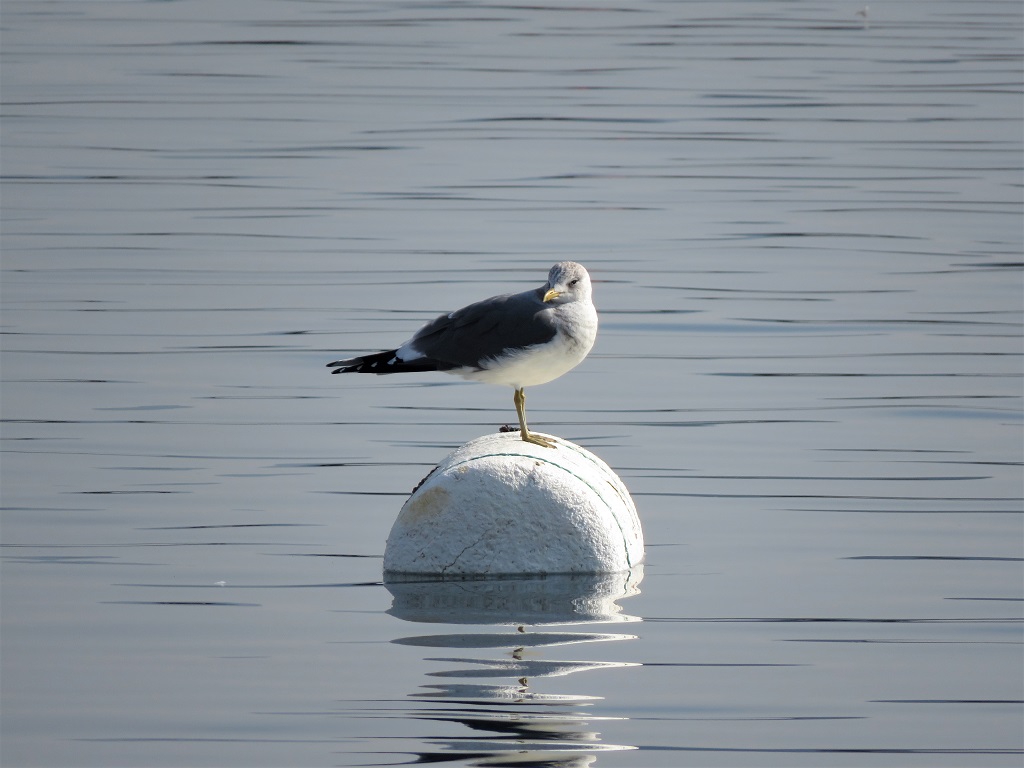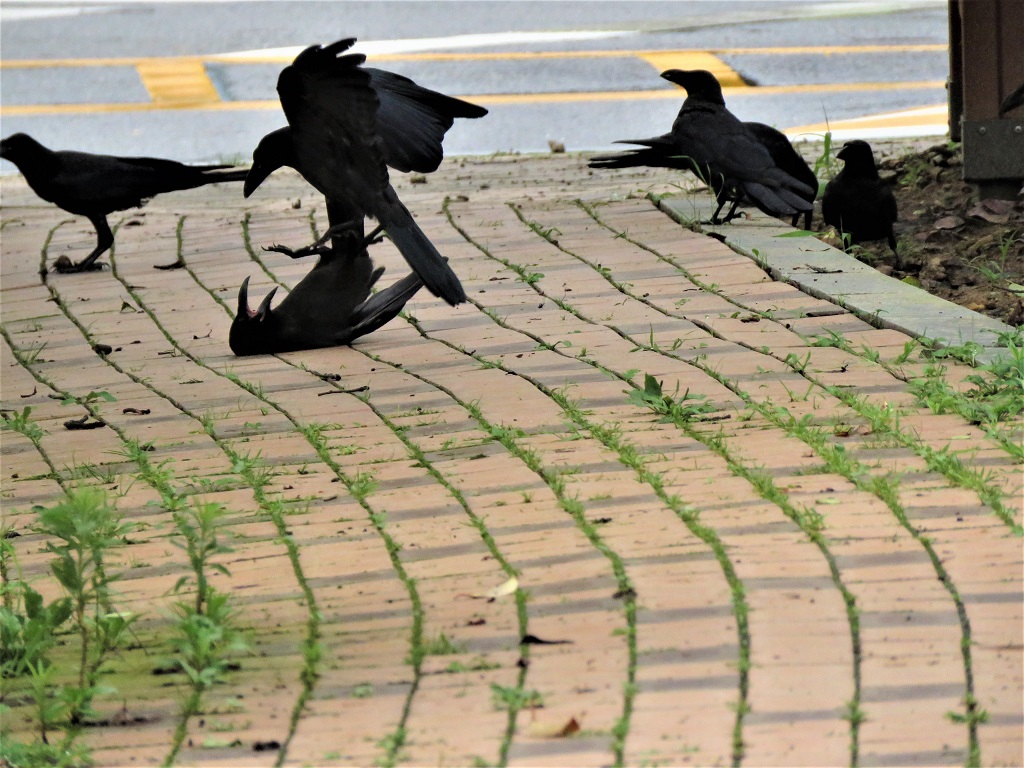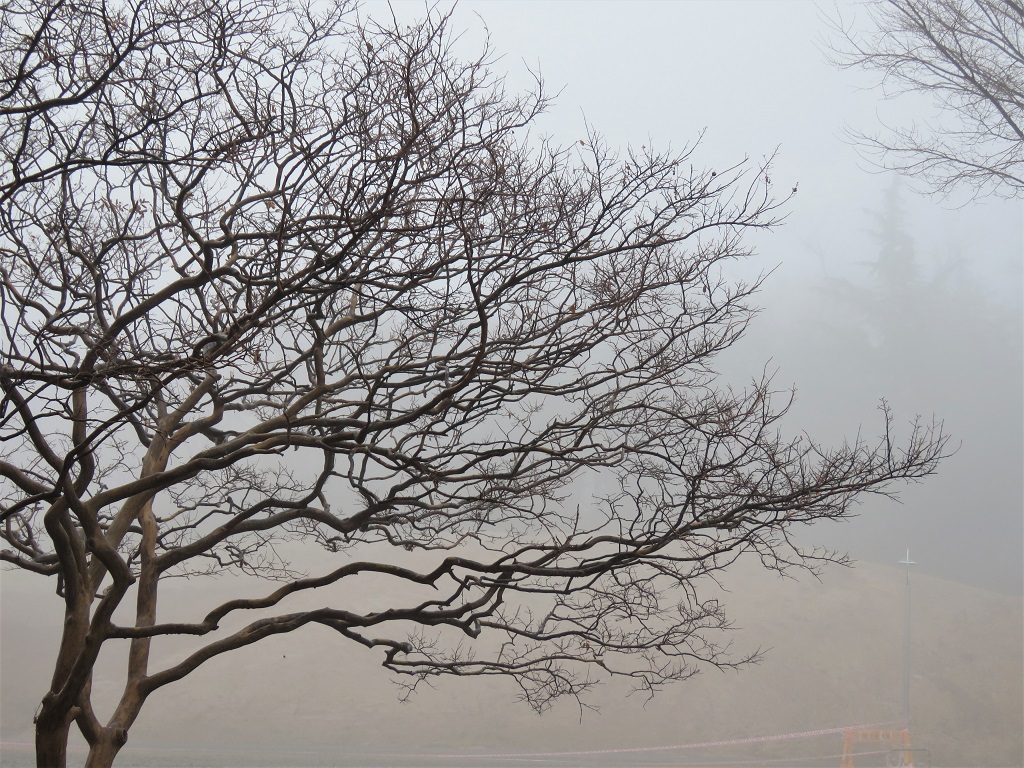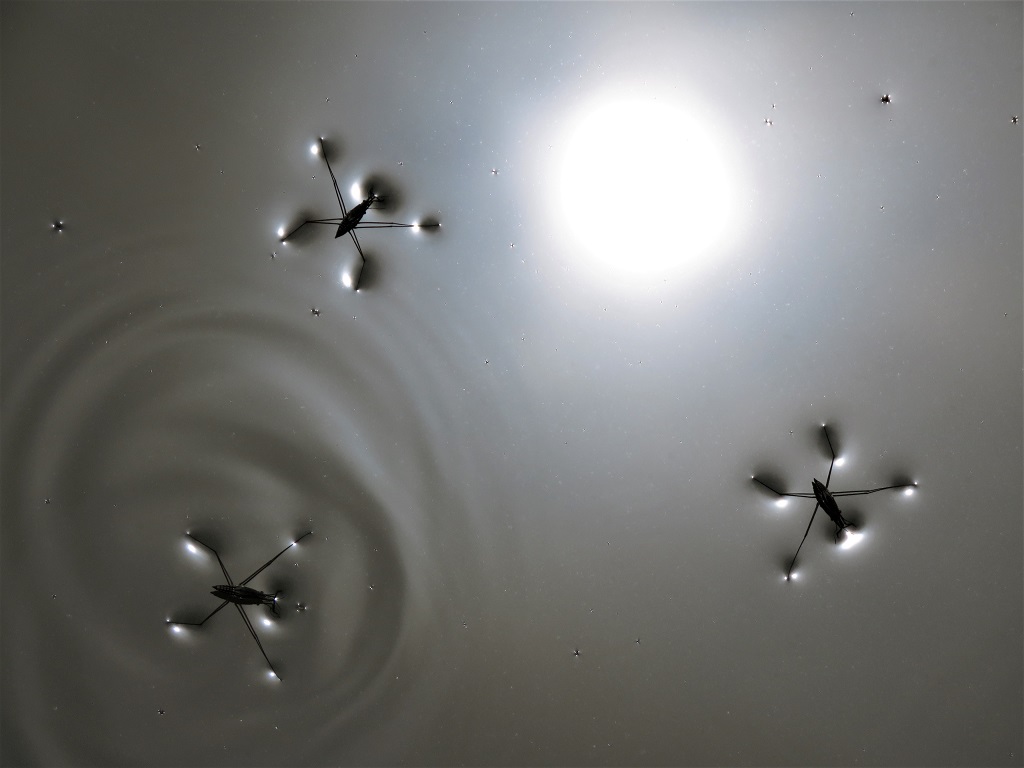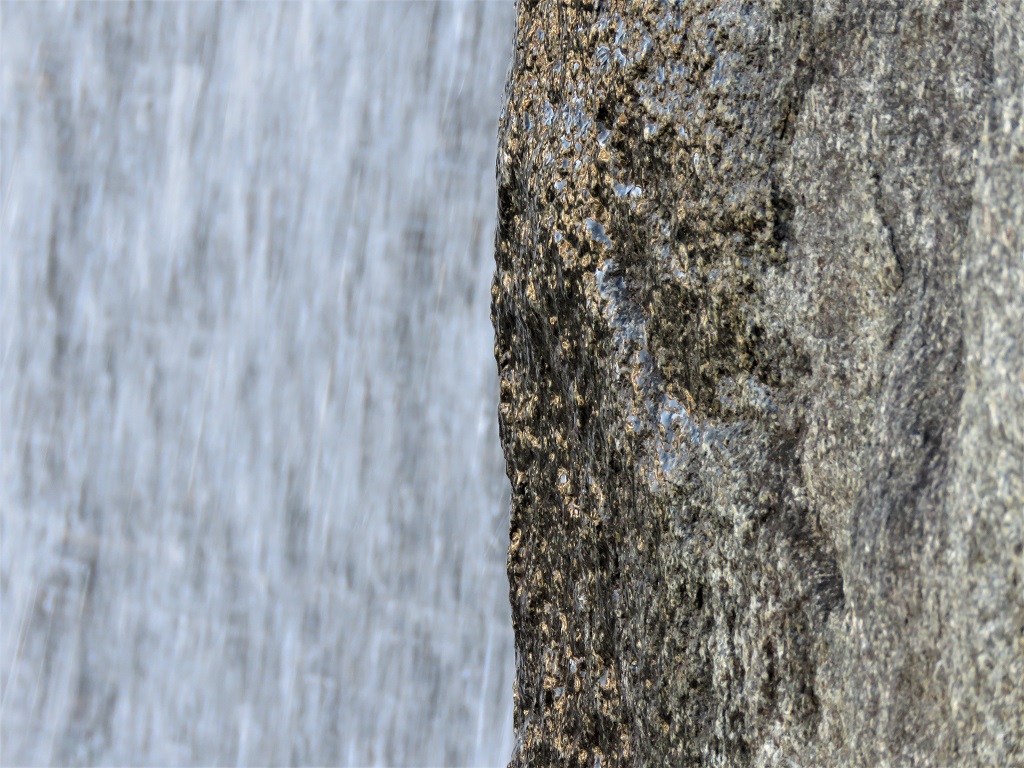Philosopher’s Luck
The best things that could ever happen to a young person today: rejection, isolation, exclusion. To be left out is to be left alone, which is the most precious gift that can be bestowed in an age of suffocating social life. To be disliked or ignored is to be spared the horizon-limiting sameness of success, i.e., fitting in, thus preserving for him nature’s...

